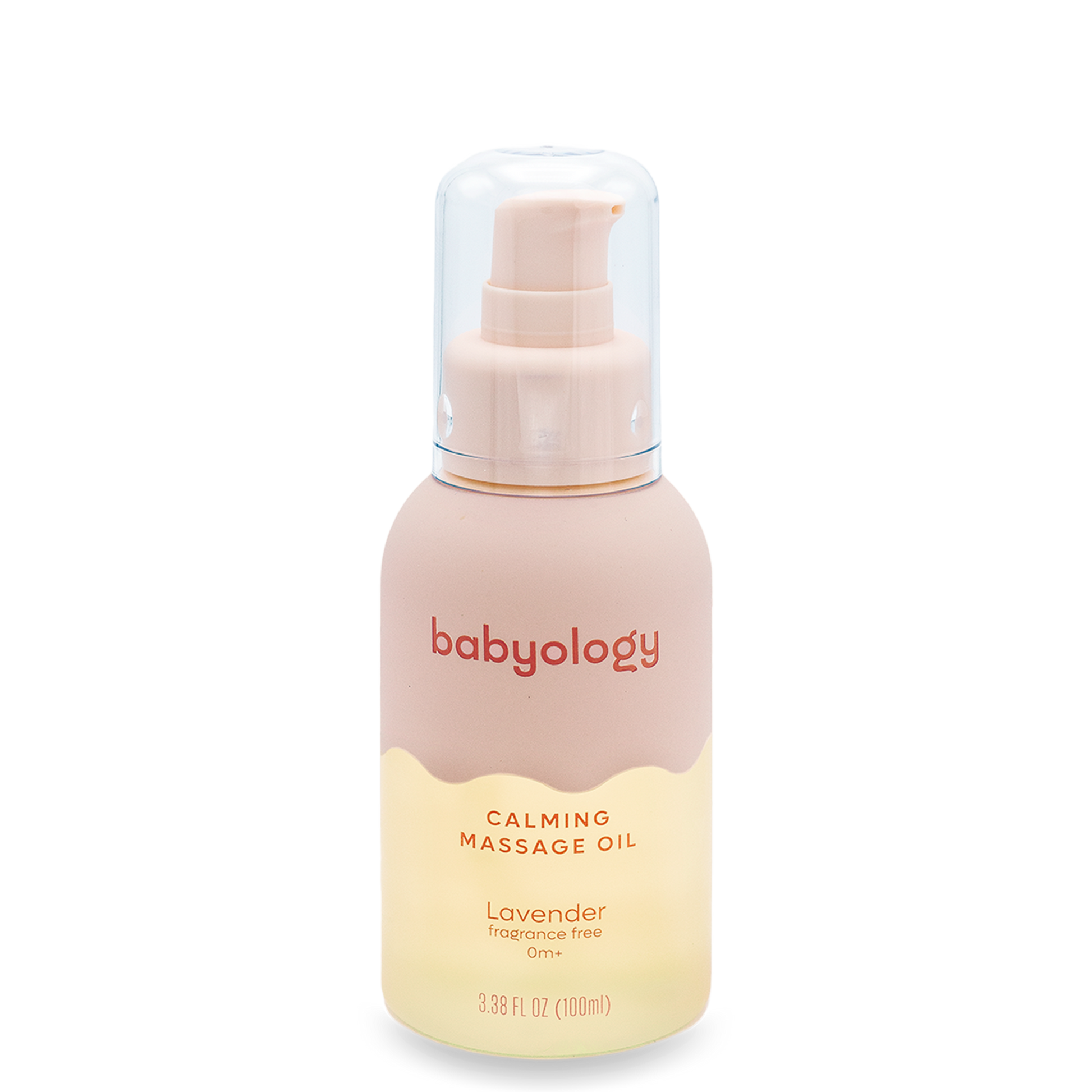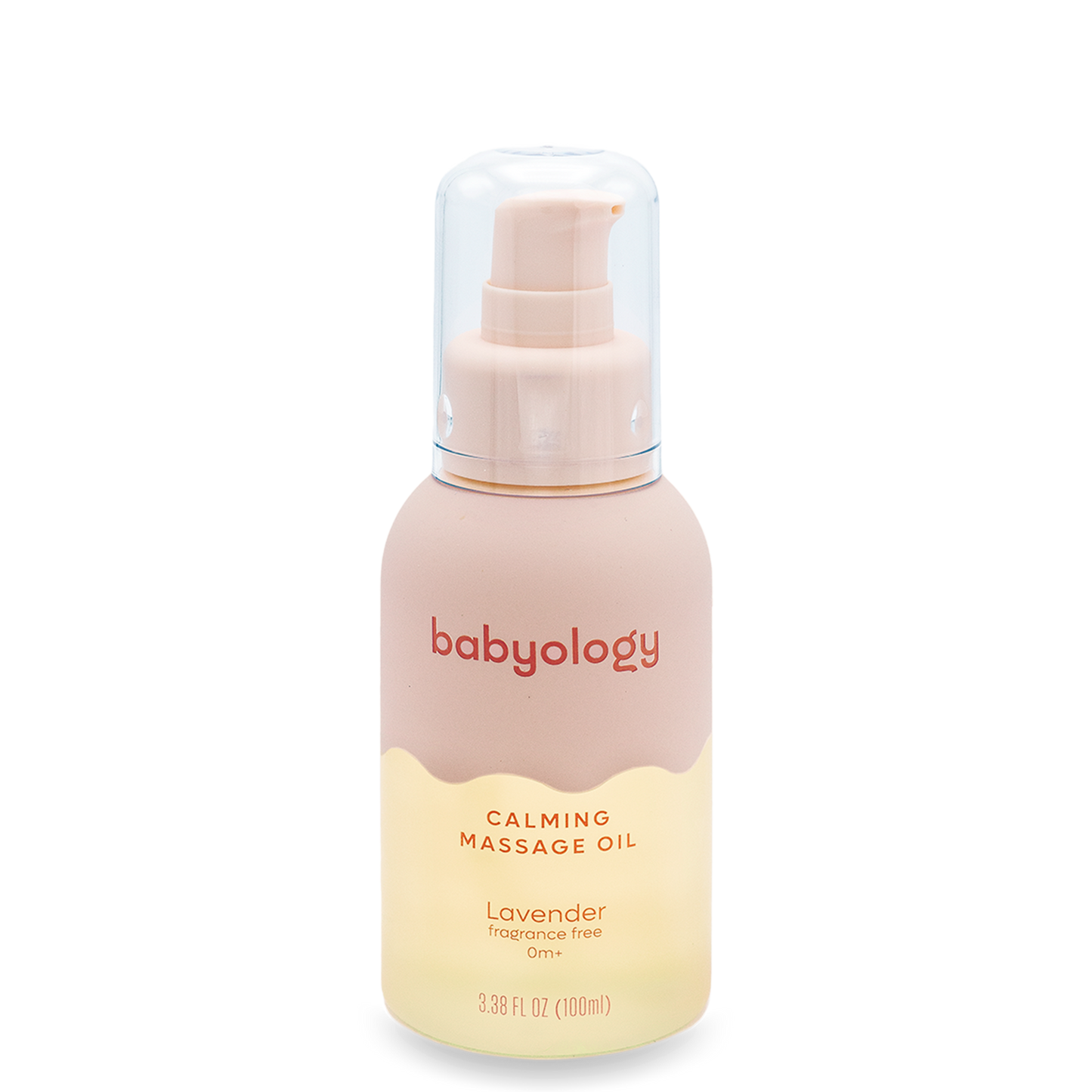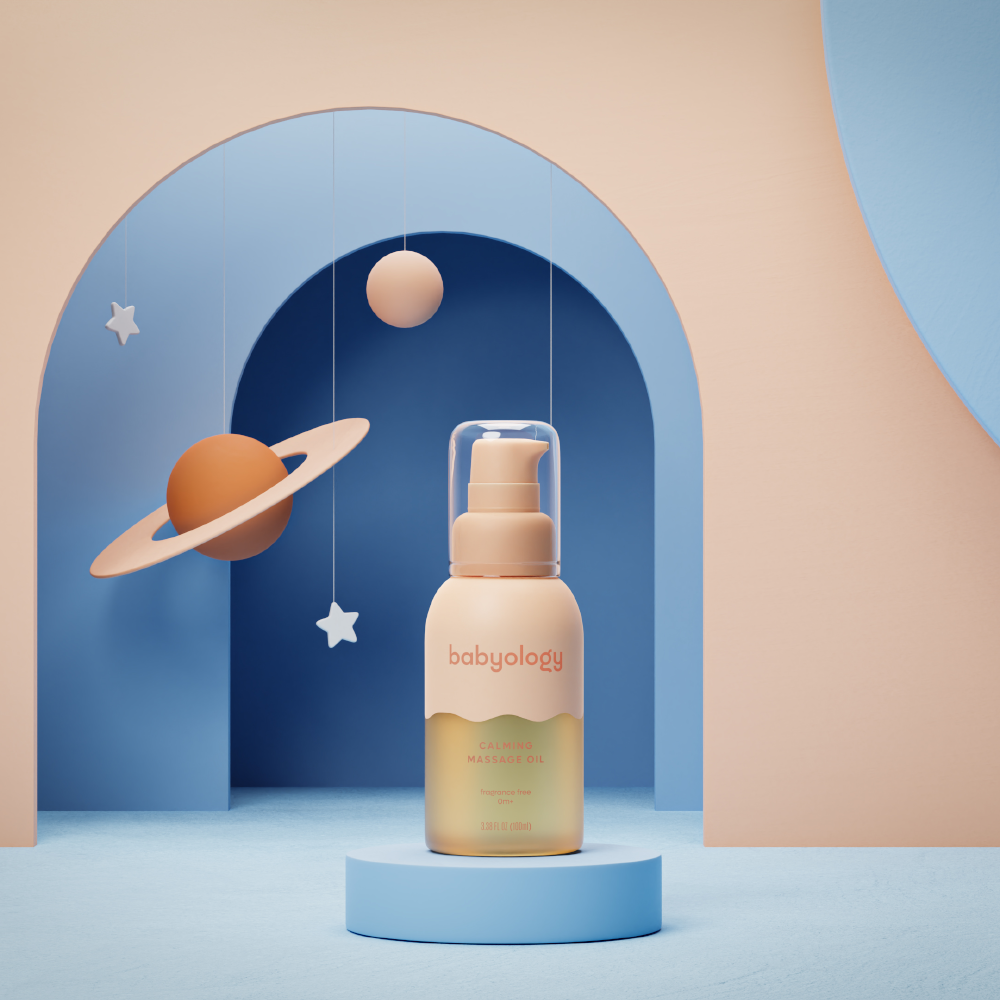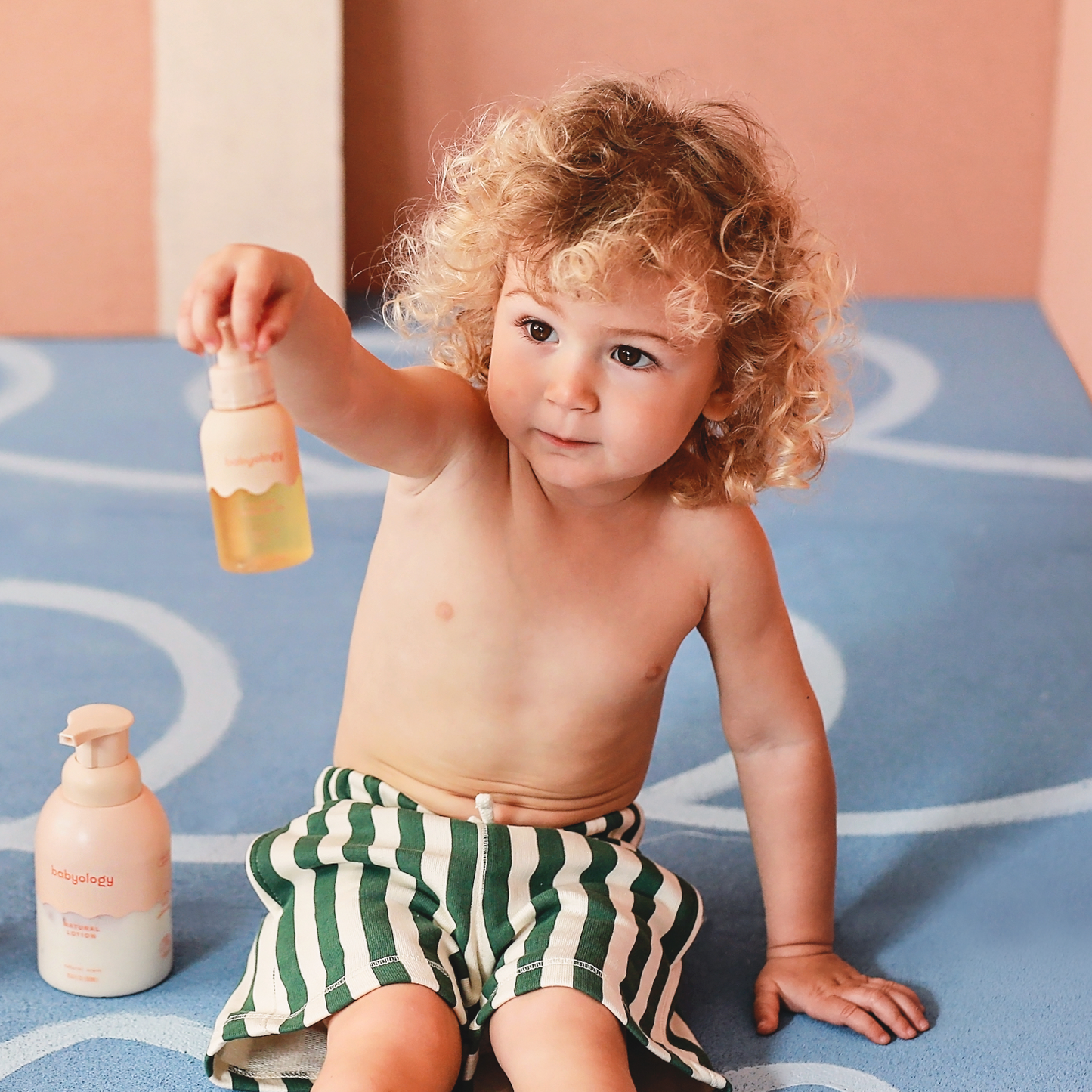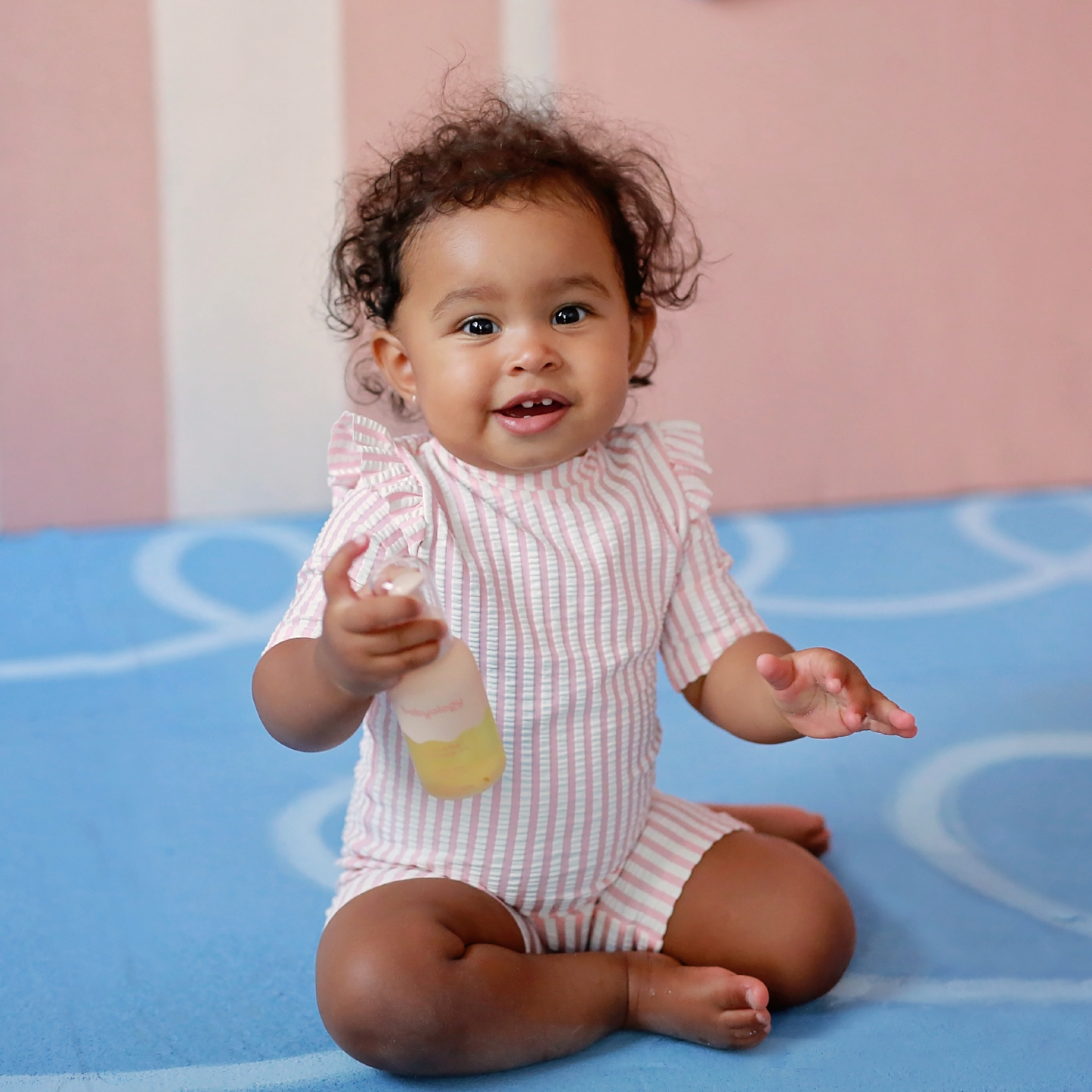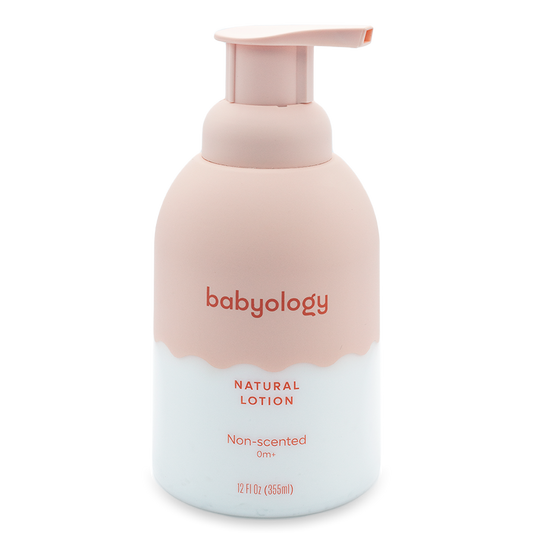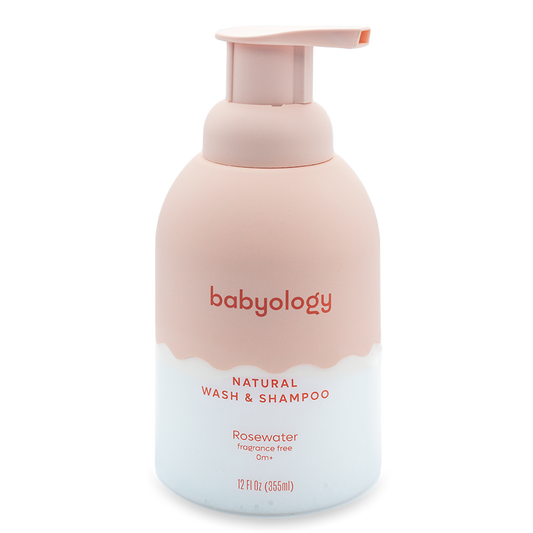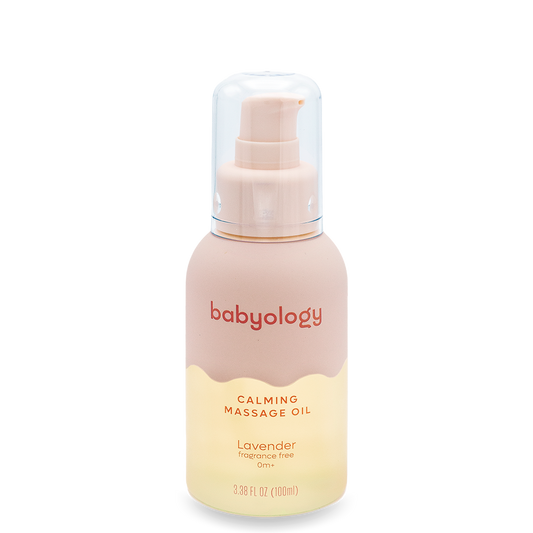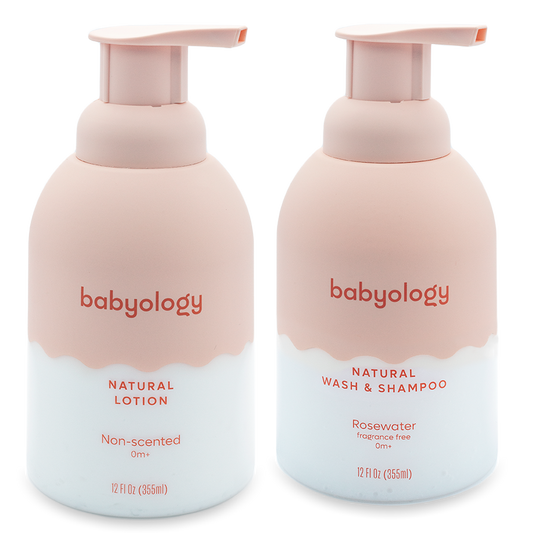If you’ve ever spent hours comparing baby lotions, washes, and oils only to feel unsure what’s truly safe — you’re not alone. Every label promises “natural” or “mild,” yet most still hide ingredients that can irritate or linger in your baby’s delicate system.
That’s why more parents are turning to 100% natural baby products — skincare that’s made from edible-grade ingredients you can actually trust.
Why 100% Natural Baby Products Matter
A newborn’s skin is about 30% thinner than an adult’s. That means anything you apply can be absorbed faster and more deeply. Products with synthetic fragrances or harsh preservatives can disrupt your baby’s natural skin barrier, even if they smell pleasant or feel silky at first.
100% natural baby products are different. They’re made from food-grade and plant-based ingredients, so what touches your baby’s skin is as safe as what goes in their tummy.
Here’s what makes them worth choosing:
-
Gentle by nature – no synthetic fragrances, dyes, or irritants.
-
Naturally nourishing – keeps skin hydrated with oils like sweet almond and coconut.
-
Peace of mind – every ingredient is readable, familiar, and safe enough to eat.
-
Protective – supports your baby’s developing skin barrier instead of stripping it.
When you choose natural care, you’re not just avoiding toxins; you’re creating a foundation of comfort and health that lasts.
What Makes 100% Natural Baby Products Different
Many products claim to be “natural,” yet still contain synthetic additives or non-edible botanicals. True 100% natural baby products go a step further. They are made from ingredients that come directly from food or plants safe enough for human consumption.
These products are designed to work in harmony with your baby’s skin. Instead of masking dryness or irritation, they nourish and support the skin’s natural barrier.
You can tell the difference by how your baby’s skin feels after use. Natural products leave it soft, calm, and hydrated without that tight or sticky after-feel.
When shopping, look for clear ingredient lists, transparent sourcing, and brands that prioritize safety over scent or foam. If you can easily recognize the ingredients, that is usually a good sign.
Safe Ingredients to Look For
When choosing baby care products, simplicity matters. Fewer ingredients often mean fewer chances of irritation. Look for names you can recognize and trust.
Gentle and Nourishing Ingredients
These are some of the safest and most effective ingredients found in 100% natural baby products.
-
Sweet Almond Oil helps soften and moisturize dry skin.
-
Coconut Oil provides natural protection and hydration.
-
Jojoba Oil supports the skin barrier and mimics natural sebum.
-
Oat Extract soothes itching and irritation.
-
Calendula calms redness and supports healing.
-
Aloe Vera adds cooling moisture and comfort.
-
Sunflower Seed Oil delivers lightweight nourishment.
-
Shea Butter locks in moisture without clogging pores.
-
Probiotic Extracts help balance the skin’s natural microbiome.
-
Vitamin E protects against dryness and environmental stress.
Signs of a Quality Product
-
The ingredient list is short and readable.
-
The scent comes from natural plant extracts, not synthetic fragrance.
-
It feels light and absorbs easily without leaving residue.
-
The packaging clearly states “100% natural” or “edible-grade.”
What Baby Product Ingredients and Practices to Avoid?
Even products labeled “gentle” can contain additives that irritate a newborn’s sensitive skin. Knowing what to skip is just as important as knowing what to choose.
Ingredients to Avoid
Stay away from these common irritants and potential disruptors.
-
Artificial Fragrance or Perfume can cause allergic reactions or dryness.
-
Parabens are preservatives linked to hormone imbalance.
-
Sulfates (SLS or SLES) can strip away natural oils and cause itching.
-
Mineral Oil may clog pores and block skin respiration.
-
Formaldehyde-releasing agents such as DMDM hydantoin or quaternium-15.
-
Synthetic dyes can trigger redness or rashes.
-
Phenoxyethanol may cause sensitivity in very young skin.
-
Non-edible botanicals that are hard for the body to process or may cause mild irritation.
Practices to Avoid
-
Avoid over-bathing your baby, as it can dry the skin.
-
Do not use adult soaps or lotions on newborns.
-
Skip products that promise extra foam or long-lasting scent.
-
Always patch test a new product before full use.
Your baby’s skin thrives on simplicity. The fewer additives, the better.
Practical Tips for Everyday Use
Keeping your baby clean and comfortable does not need to be complicated. Here are a few simple ways to build a safe, natural care routine using 100% natural baby products.
1. Keep bath time short
Five to ten minutes is enough. Warm water and a mild, natural wash help maintain moisture without stripping the skin.
2. Use a soft washcloth or your hands
Avoid sponges that may hold bacteria. Gently wipe instead of scrubbing.
3. Pat dry instead of rubbing
After bathing, pat the skin with a soft towel to avoid irritation.
4. Apply lotion or oil while skin is slightly damp
This helps lock in hydration. Choose a lotion or baby oil made with natural oils like almond or sunflower.
5. Focus on daily hydration
Even without a bath, gently massage a small amount of lotion or oil on dry areas once or twice a day.
6. Store products properly
Keep bottles closed and away from heat or sunlight to preserve freshness and natural ingredients.
These small habits can make a big difference in keeping your baby’s skin smooth, calm, and protected every day.
Frequently Asked Questions
1. Are 100% natural baby products safe for newborns
Yes. They are made with food-grade and plant-based ingredients that are gentle on delicate skin and free from harsh chemicals.
2. Can I use 100% natural baby products every day
Yes. Daily use helps maintain hydration and protect your baby’s skin barrier, especially when products contain mild, non-stripping ingredients.
3. What ingredients should I avoid in baby skincare
Avoid artificial fragrance, parabens, sulfates, and mineral oil. These can cause dryness or irritation on sensitive skin.
4. How do I know if a product is truly 100% natural
Check the ingredient list. You should recognize most names, such as coconut oil or aloe vera. The product should also specify “100% natural” or “edible-grade.”
5. Do natural baby products expire faster
Usually yes. Because they are free from synthetic preservatives, it is best to use them within the recommended period after opening and store them properly.
6. Can I mix natural products with regular baby lotions or washes
It is better not to. Mixing them can reduce the natural product’s effectiveness or introduce irritants.
7. Are 100% natural baby products good for sensitive skin
Absolutely. Natural ingredients such as oats, calendula, and jojoba oil help calm and protect sensitive skin without harsh additives.
Caring for Your Baby with 100% Natural Baby Products
Choosing 100% natural baby products is one of the simplest ways to protect your baby’s delicate skin. By focusing on food-grade and plant-based ingredients, you help your little one’s skin stay soft, hydrated, and healthy without unnecessary additives.
Remember these key points
-
Always read ingredient labels carefully.
-
Avoid artificial fragrance, parabens, and sulfates.
-
Choose gentle products that keep the skin balanced and calm.
-
Keep your baby’s routine simple and consistent.
If you are looking for a safe way to nurture and bond with your baby, try a gentle product like Babyology Calming Massage Oil. It is made with edible-grade ingredients that are kind to newborn skin and perfect for daily massages that soothe and comfort.
Caring for your baby should feel natural, easy, and filled with love. With the right products, every touch becomes a moment of trust.
